10 Chinese foods that spread terror to the world
(Baonghean.vn) - China is the most populous country in the world. Therefore, the demand for food consumption is extremely large, so this country is also considered to have the most food safety problems.
1.Sewer oil
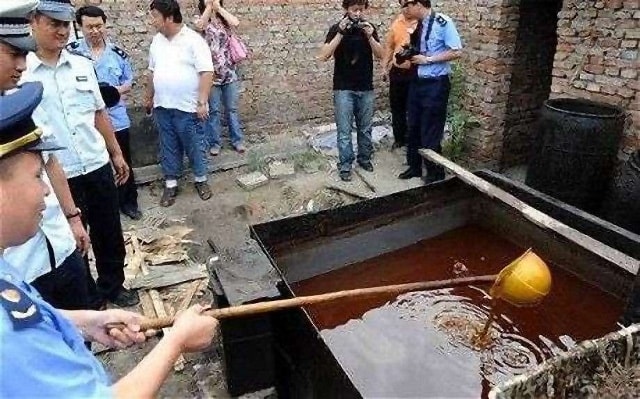 |
| Sewer oil is a type of oil extracted from discarded food or leftovers. Business Insider once reported on the technology of making "super dirty grease" being exposed in China. Accordingly, people have brought to light the entire process of producing cooking oil from sewage in China, something that few people even imagine. |
2. Stinky tofu soaked in…poop water
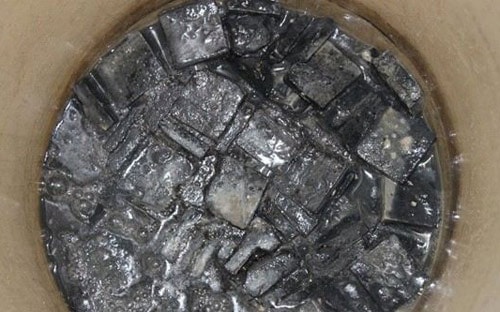 |
| Not only does this tofu smell bad, it also tastes bad! It's because it's been soaked in... feces. The manufacturers filter out the feces water and then soak the tofu in it. Nearly 100 "stinky tofu" manufacturers in Guangdong province were found to be using a combination of sewage water, scum, and iron sulfate to speed up production and improve the appearance of their fermented tofu. |
3. Fake alcohol
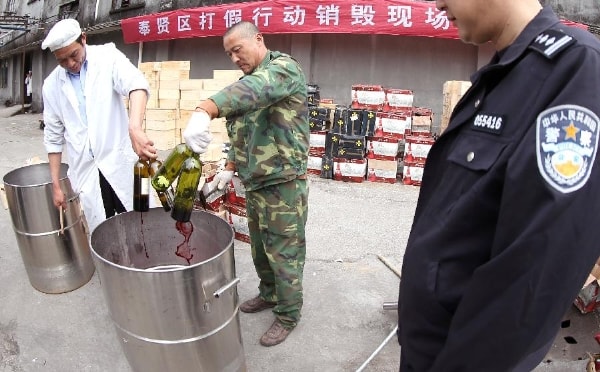 |
| Counterfeit alcohol is rampant in China. In the spring of 2004, four men died of alcohol poisoning in Guangdong Province, and eight others were hospitalized at Guangzhou People's Hospital. Local health authorities suspected that counterfeiters were mixing industrial alcohol into rice wine, and shut down several unlicensed wine factories. |
4. Toxic milk
 |
| Milk powder containing melamine causing kidney stones in children has been widely exposed by the press for a long time in China. In 2008, there were several recorded cases of infant deaths after drinking milk powder contaminated with melamine, a toxic chemical often added (illegally) to food to increase protein content. After the announcement of melamine-tainted milk, all exports of this product were stopped, at the same time, a dark curtain was cast over the world baby milk market. |
5. Fake eggs
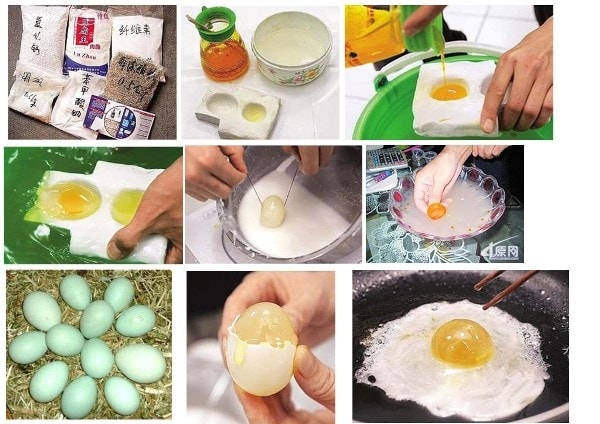 |
| By synthesizing calcium carbonate, gypsum powder and candle wax, the eggshell was created to be exactly like a real eggshell. As for the yolk inside, they just mixed gelatin, alum and benzoic acid together. Then they added lemon yellow food coloring and calcium chloride and voila, a fake egg was born. |
6. Cows eat garbage
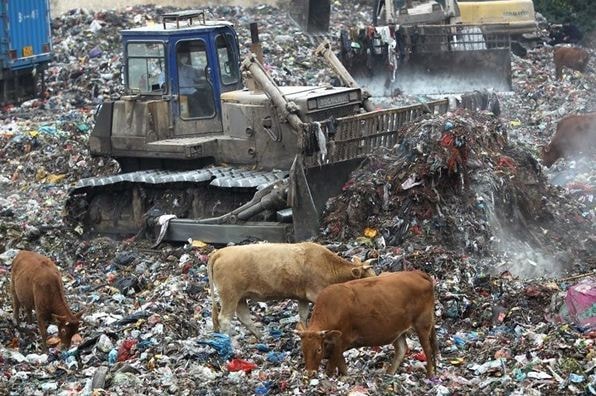 |
| If cows in Western countries can listen to Mozart to grow up, cows in China eat... garbage to grow up. According to information from China Hush, there are many cattle grazed in the landfill in Changsha, the capital of Hunan province. They are raised by eating garbage until they are big enough to be slaughtered. Bacteria and mold, even mercury and toxic chemicals that cattle regularly come into contact with and absorb can easily spread to humans when they slaughter or eat them. |
7. Duck meat soaked in sheep urine
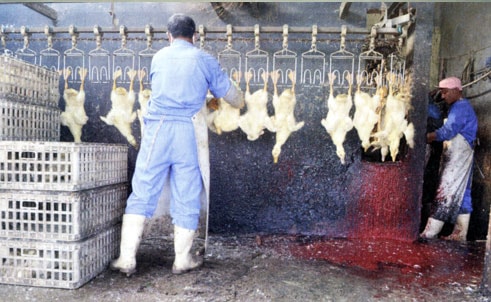 |
| Traders in Qingdao, China, were caught marinating duck meat in goat or sheep urine to give it the smell and taste of lamb. The duck meat was then sold as lamb to customers. Rat and cat meat soaked in sheep urine to pass off as lamb has also been reported before. |
8. Soy sauce made from hair
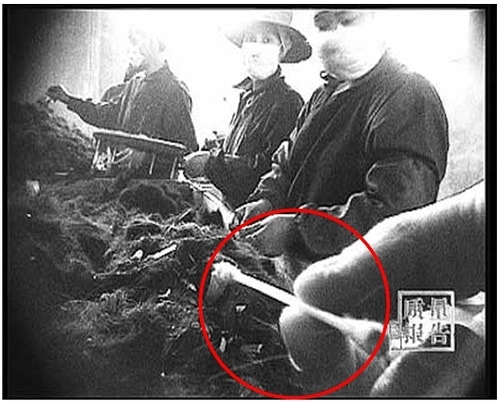 |
| In order to save costs, the manufacturer bought hair scraps from hair salons at cheap prices and then made an amino acid solution into the soy sauce. These hairs purchased from many sources, in addition to containing chemicals in the dye, the substances in the solution after mixing are also very harmful to health and even lead to cancer. |
9. Paper buns
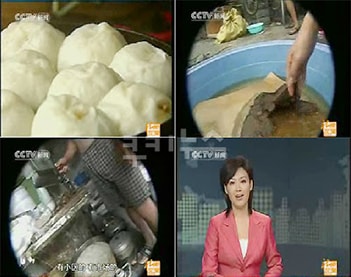 |
| A food company in Shanghai was found to be using expired steamed buns as raw materials for making new steamed buns. In addition, a Chinese newspaper reported on July 12, 2007 that a stall on the streets of Beijing was mixing cardboard box materials into the meat filling of steamed buns. The cardboard boxes were said to have been soaked in NaOH, drained, chopped up and mixed into the meat. Many customers reported an unpleasant smell coming from their buns. |
10. Poisonous bean sprouts
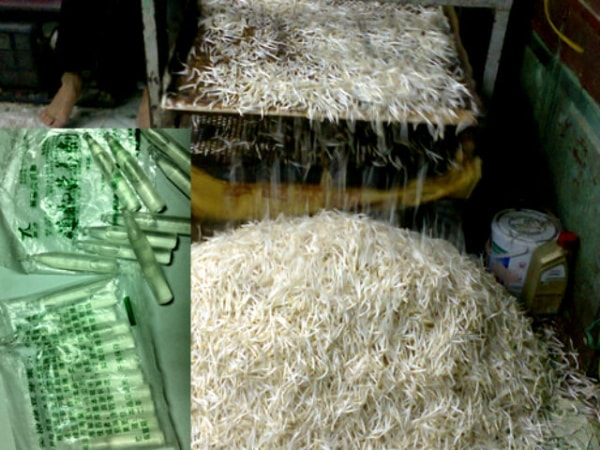 |
| Bean sprouts have a short shelf life, and to prevent them from spoiling quickly, some unscrupulous companies in China have added detergents to their bean sprouts to ensure their whiteness. Some places even use growth hormones to promote germination. Long-term consumption of these bean sprouts has been linked to an increased risk of cancer and the birth of many children with birth defects. In fact, other fruits have also been found to be injected with banned chemicals. |
Kim Ngoc
(Synthetic)
| RELATED NEWS |
|---|
